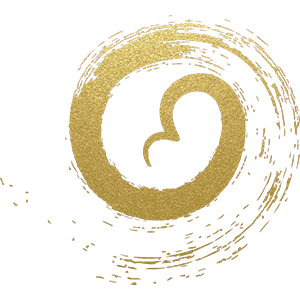free Talk
The Physiological Impact Of Infant Medical Intervention
with Terry Monell
-
Entry Level
-
Descriptive
-
Theoretical
-
Powerpoint
-
To support your client
-
60 minute class
-
life-long access to recording
Learning outcomes
-
Learn about the history of medical interventions in early life
- Gain an insight into the possible effects of above practices on an individual's life
who can this benefit
- Birth and other practitioners working with people who have experienced infant medical interventions
- Individuals who have suffered early medical trauma as well as their families
- Anyone interested in the history of infant medical interventions
Meet Our Presenter
Patrick Jones - Course author
Terry Monell
Somatic Psychology

